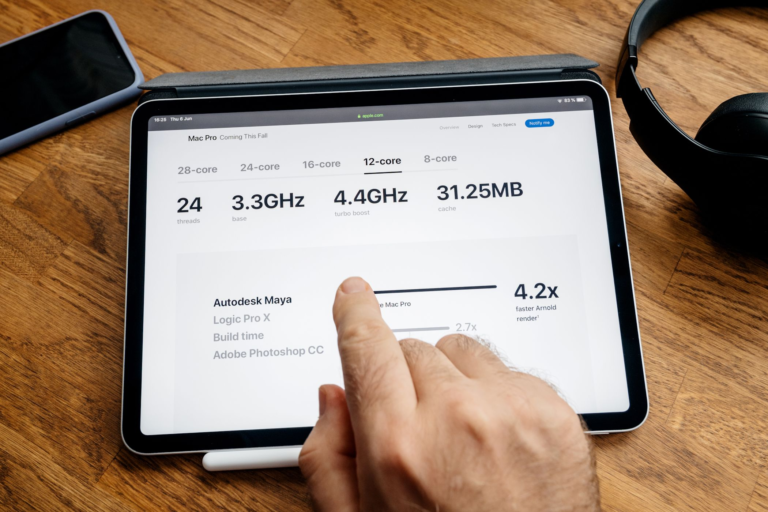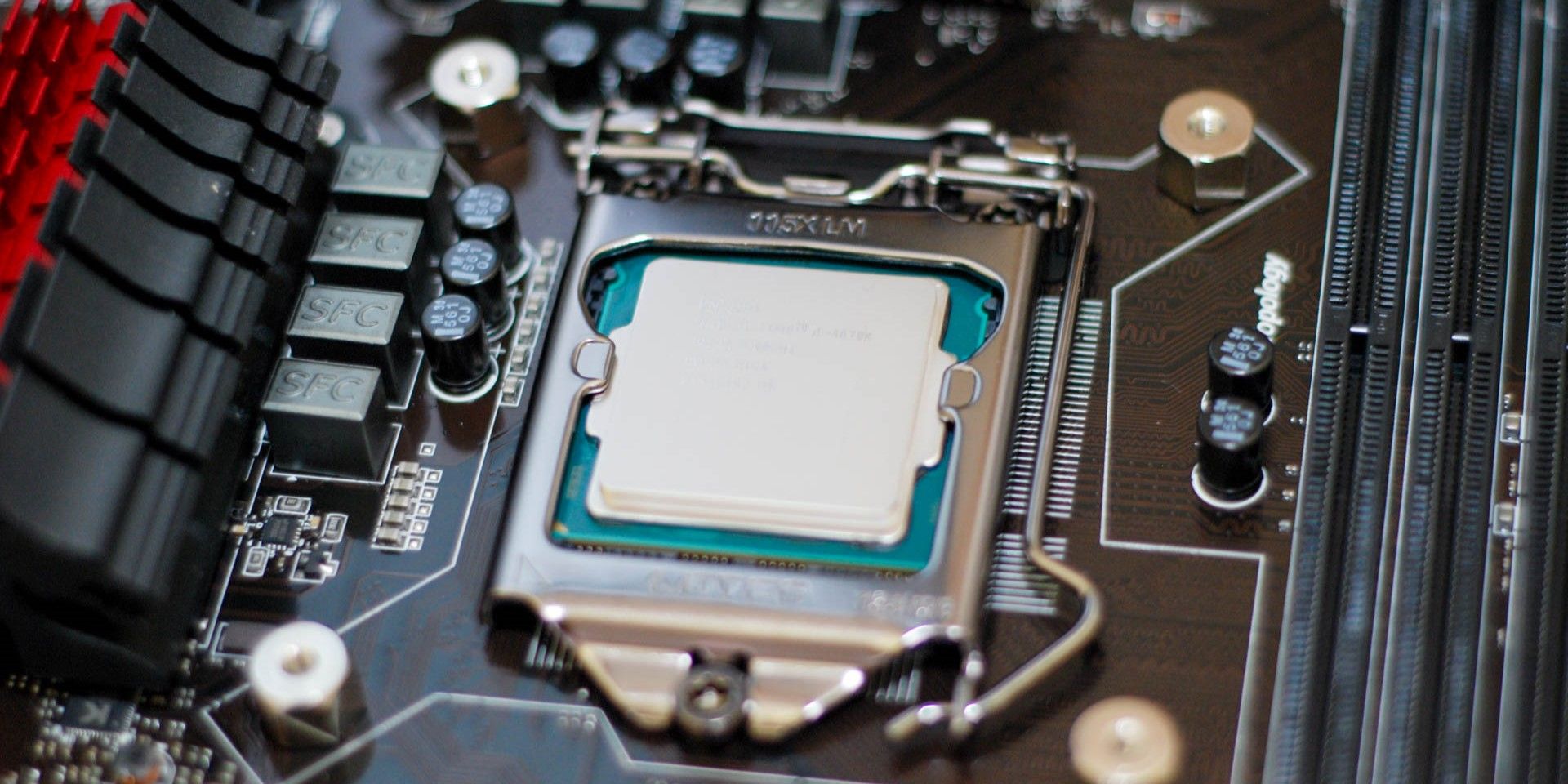Choosing the right CPU involves understanding two key factors: the number of cores and the clock speed. Each plays a distinct role in your computer’s performance, but should you buy a CPU with more cores or a higher clock speed?
What Are CPU Cores and Clock Speed?
When choosing a CPU, there are different specifications you need to compare to find one that best fits your needs. The two most important specs you’ll need to know are CPU core count and CPU clock speed.
- CPU Cores: A core is an individual processing unit within the CPU. Modern CPUs can have multiple cores, typically ranging from 2 cores in basic models to 12 cores in higher-end CPUs. Each core can handle its own tasks, allowing for multitasking and parallel processing.
- Clock Speed: Measured in gigahertz (GHz), clock speed indicates how many cycles a CPU core completes per second. A higher clock speed means each core can process tasks faster, enhancing performance in tasks that rely on single-threaded execution.
On face value, they’re both extremely important, but what spec should you favor?
When More CPU Cores Matter
Having a higher core count benefits scenarios where multiple tasks run simultaneously, or applications are designed to utilize multiple threads. Consider the following:
- Multitasking: Running several applications simultaneously, like a web browser, music player, gaming, and live-streaming, can overwhelm a single-core processor. Multicore CPUs distribute these tasks across cores, ensuring smoother performance.
- Multithreaded Applications: Video editing tools, 3D rendering, and virtualization software are optimized to use multiple CPU cores effectively. For instance, video editing software can assign different cores to handle rendering, encoding, and background processes simultaneously.
So, when you’re running more programs, more cores is what you need.
When Higher CPU Clock Speeds Are Better
Tasks that depend on the speed of individual cores benefit more from higher clock speeds. Examples include:
- Gaming: Many games are designed to run on one or two cores. A higher clock speed ensures these games run smoothly, as each core processes game data faster.
- Single-Threaded Applications: Older software and certain modern applications aren’t optimized for multiple cores. For these programs, a faster clock speed improves performance more than additional cores would.
When it comes to gaming, a higher clock speed is really important.
Balancing Cores and Clock Speed
Most applications today benefit from multicore CPUs with high clock speeds. But if you want the best performance on a budget, you’ll have to look for a CPU that balances core count and clock speed for your specific needs.
- General Use: For everyday tasks like browsing, streaming, and document editing, a CPU with a moderate number of cores (4 to 8) and a decent clock speed (around 3.0 GHz) suffices.
- Professional Workloads: If you engage in video editing, 3D modeling, or software development, opt for a CPU with a higher core count (8 cores/16 threads or more) and competitive clock speeds to handle demanding applications efficiently.
- Gaming: Old games typically use one or two threads (one CPU core), while modern AAA games titles use four to six threads (two or three CPU cores) at most. So, gamers should prioritize higher clock speeds (3.5 GHz and above) and sufficient CPU cores (at least 4 cores/8 threads) to ensure optimal performance in modern games.
There’s no one-size-fits-all answer when choosing a CPU (at least when you’re on a budget). So, before buying a CPU, evaluate what apps you’ll be running and try to find a CPU that balances core count and clock speed based on your intended use case.



